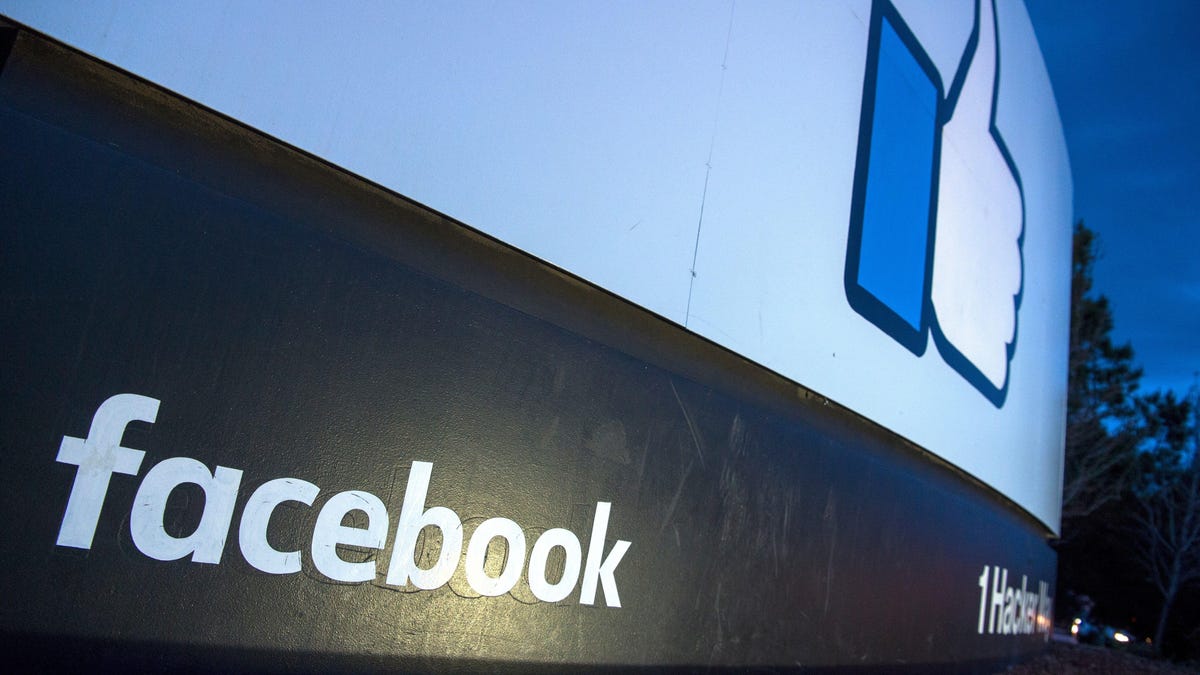Facebook CEO Mark Zuckerberg at F8: 'This has been an intense year'
The last four months have been shaped by major events like the #MeToo movement, March for Our Lives and, of course, the Cambridge Analytica scandal.

Facebook has seen it's fair share of highs and lows in the last four months.
Facebook CEO Mark Zuckerberg's opened up the company's F8 developer conference on Tuesday by summing up the last four months, saying "This has been an intense year."
Since last year's F8, Zuckerberg noted, Facebook has been a platform for organizing things like the #MeToo movement and March for Our Lives. In addition, it became a way for people to come together after Hurricane Harvey, raising more than $20 million for relief, he said.
"But we've also seen people try to use these tools for harm," Zuckerberg said, "and that goes for Russia interfering in elections, for fake news, for hate speech and for data privacy issues."
Of course, Facebook has also been at the center of controversy. In March, a pair of stories in The New York Times and the UK's Guardian and Observer newspapers described how Facebook had lost control of profile information for millions of people. The culprit, an app developer in the UK, was accused of selling that information to a political consulting company called Cambridge Analytica.
The resulting scandal, and the revelation that Cambridge Analytica had been hired by Donald Trump's presidential campaign, and advised by his now-former chief strategist Steve Bannon, raised questions about whether Facebook was acting in its users' best interests.
Zuckerberg eventually apologized, saying that he realizes now he hadn't focused enough on preventing abuse, and thinking through how his company's global network could be used to do harm as well as good.
"We didn't take a broad enough view of what our responsibility is, and that was a huge mistake. It was my mistake. But it's clear now that we didn't do enough," he said.
Zuckerberg even traveled to Washington, DC, for more than 10 hours of hearings with three committees in the Senate and the House of Representatives over two days, during which he was grilled on everything from data privacy concerns, censorship and even how the Russian government manipulated Facebook to spread propaganda during the 2016 election.
"It's not enough to just build powerful tools," Zuckerberg said at F8. "We need to make sure that they're used for good. And we will."
CNET's Ian Sherr and Richard Nieva contributed to this report.
Facebook's F8 Developer Conference: Follow CNET's coverage.
Cambridge Analytica: Everything you need to know about Facebook's data mining scandal.

